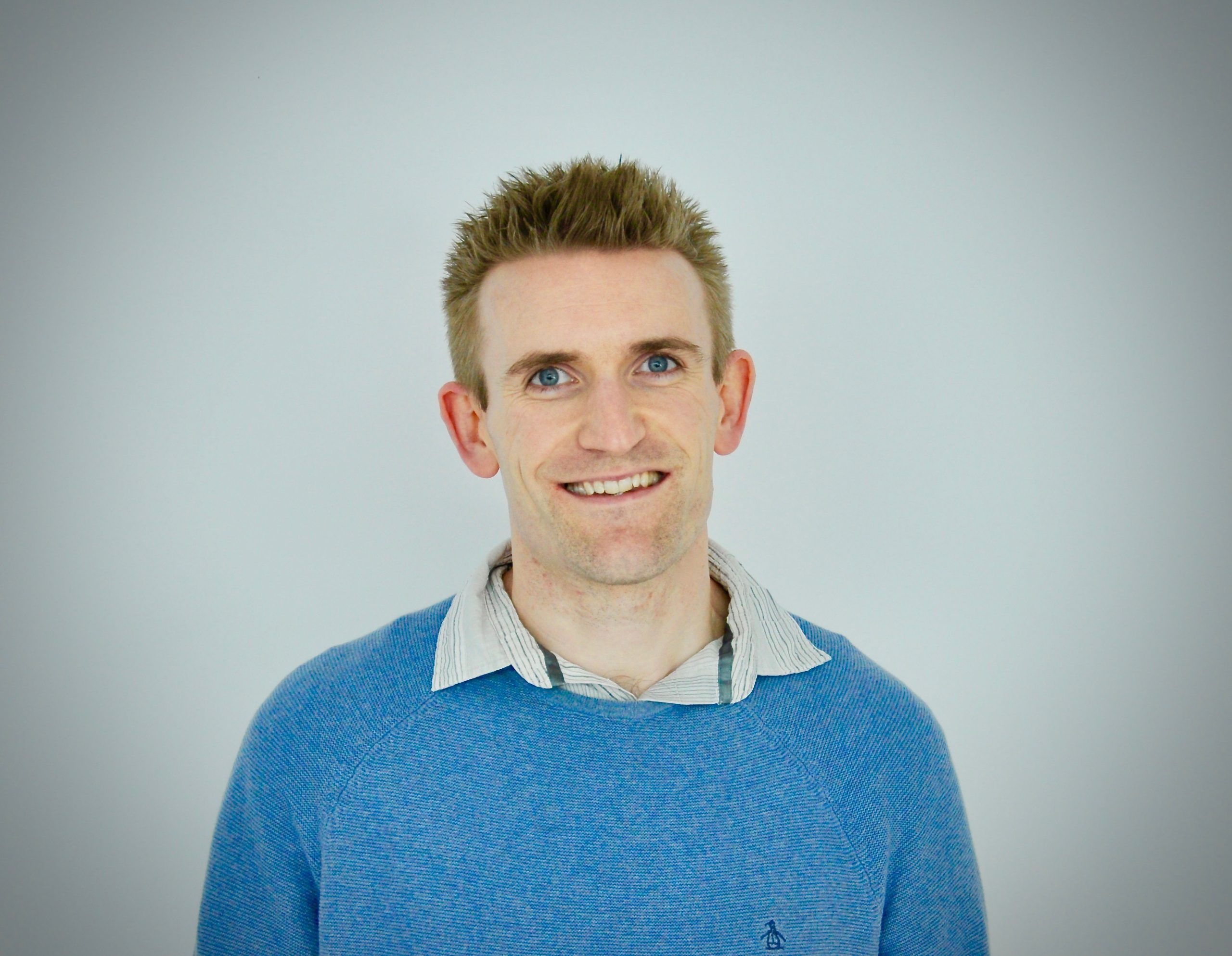Global partnership to fund groundbreaking research in treatment of multiple myeloma

Multiple Myeloma
Groundbreaking research aimed at translating novel Chimeric Antigen Receptor (CAR) T-cell therapies into improved treatment for multiple myeloma is the latest Australian research to be funded through the prestigious Translational Research Program (TRP). Now into its sixth year, this international collaboration between The Leukemia & Lymphoma Society (LLS) and the Snowdome Foundation has supported ten Australian researchers across the world.
The Australian TRP recipients undertake innovative research projects that propose novel approaches to the prevention, diagnosis or treatment of blood cancers which show high promise for translating basic biomedical knowledge into clinical application.
The 2024 TRP recipient is Associate Professor Paul Beavis (pictured), a Group Leader based at the Peter MacCallum Cancer Centre in Parkville, Melbourne.
Associate Professor Paul Beavis will conduct his research with co-investigators Professor Simon Harrison, Director of the Centre of Excellence for Cellular Immunotherapy, and Dr. Evan Weber, a principal investigator in the Cell and Gene Therapy Collaborative at the Children’s Hospital of Philadelphia and a member of the Abramson Cancer Center at the University of Pennsylvania.
Multiple myeloma is a plasma cell-derived blood cancer that may be associated with bone marrow failure, renal failure, bone disease and severe infections, leading to significantly decreased quality of life. Whilst there has been significant progress in new treatments available for myeloma, it is still considered incurable with a 5-year survival rate of approximately 58 per cent.
Novel immunotherapies, such as CAR T-cell therapy, have made a significant breakthrough in the treatment of myeloma, with recent FDA approval of two such therapies: idecabtagene vicleucel and ciltacabtagene autoleucel. While these promising therapies have demonstrated efficacy in relapsed and refractory myeloma, this research project will examine whether additional engineering of CAR T-cells to overexpress the FOXO1 proteins could significantly enhance the therapeutic efficacy of CAR T-cells in myeloma and other B-cell malignancies. Associate Professor Beavis’ research will seek to translate earlier findings of the efficacy of re-engineered CAR T-cells into improved care of myeloma patients by generating additional data to support a first-in-human clinical trial with Professor Simon Harrison and the Centre of Excellence for Cellular Immunotherapy.
Snowdome Foundation Chief Executive, Kirstee Macbeth, said the Foundation is honoured to support exceptional Australian researchers pursuing innovative approaches to blood cancer treatments.
“We are proud to support visionary researchers like Associate Professor Paul Beavis, whose cutting-edge work continues to provide hope to Australian blood cancer patients. The prestigious TRP program not only demonstrates our commitment to supporting excellence in blood cancer research, but also strengthens our international collaboration with world-leading organisations and researchers to bring next-generation treatments to patients, faster.”
LLS Chief Scientific Officer, Lee Greenberger, Ph.D., said the international collaboration has the potential to benefit blood cancer patients on a global scale.
“The Leukemia & Lymphoma Society is delighted to continue our collaboration with the Snowdome Foundation to support talented Australian researchers and clinicians working tirelessly to bring innovative treatments to blood cancer patients. CAR T-cell therapy has shown promising results in myeloma patients, and we are eagerly anticipating the translation of these results into clinical practice.”
Associate Professor Paul Beavis said he was honoured to be a recipient of this prestigious funding.
“CAR T-cell therapy holds a key to better outcomes for patients with myeloma. The funding received through this program will help us better understand how we can re-engineer these T-cells to enhance their metabolic fitness, persistence and therapeutic efficacy which could translate into improved care for patients.”
Professor Simon Harrison added “This research could help unlock the curative potential of CAR T-cells for myeloma.”
The special Australian stream of the TRP program funds projects focused on blood cancer research from investigators working in Australia, Australian investigators working in other countries, or to Australian and non-Australian researchers jointly applying. The three-year grant will commence from July 1, 2024, through to June 30, 2027.
-END –
For all media enquiries please email info@snowdome.org.au.
About Snowdome Foundation: Snowdome has a singular vision to give every Australian blood cancer patient the best opportunity for a cure. We do this by funding world-best, Australian and international translational research, accelerating patient access to next-generation treatments so that those diagnosed with blood cancer can live longer, better lives.
Follow us on Facebook, Instagram, Threads, LinkedIn, X and YouTube.
About Associate Professor Paul Beavis:
Associate Professor Paul Beavis is a Group Leader at the Peter MacCallum Cancer Centre (PMCC) where his research group is focused on the development of novel cancer immunotherapies, such as CAR T-cell technology, to enhance the cells’ effectiveness in both solid and blood tumours. This work has been published in leading journals including Nature, Nature Immunology, The Journal of Clinical Investigation and Nature Communications.
Associate Professor Paul Beavis collaborates with clinicians, including Professor Simon Harrison, to translate research findings into clinical practice. This has led to the development of a novel CAR T-cell technology for a clinical trial in conjunction with the Centre of Excellence in Cellular Immunotherapy that is scheduled to commence in 2025.
He holds a Mid-Career Fellowship from the Victorian Cancer Agency, and his work is supported by funding from the National Health and Medical Research Council (NHMRC), Cancer Australia, the National Breast Cancer Foundation (NBCF), Tour De Cure, and Cancer Council Victoria.
About The Leukemia & Lymphoma Society:
The Leukemia & Lymphoma Society® (LLS) is the global leader in the fight against blood cancer. The LLS mission: Cure leukemia, lymphoma, Hodgkin’s disease, and myeloma, and improve the quality of life of patients and their families. LLS funds lifesaving blood cancer research around the world, provides free information and support services, and is the voice for all blood cancer patients seeking access to quality, affordable, coordinated care.
Founded in 1949 and headquartered in Rye Brook, NY, LLS has regions throughout the United States and Canada. To learn more, visit www.LLS.org. Patients should contact the Information Resource Center at (800) 955-4572, Monday through Friday, 9 a.m. to 9 p.m. ET.
For additional information, visit lls.org/lls-newsnetwork.
